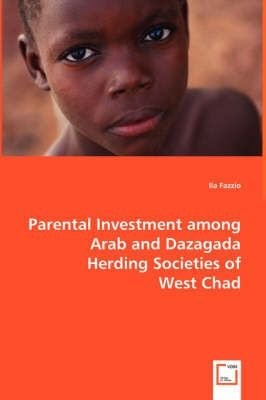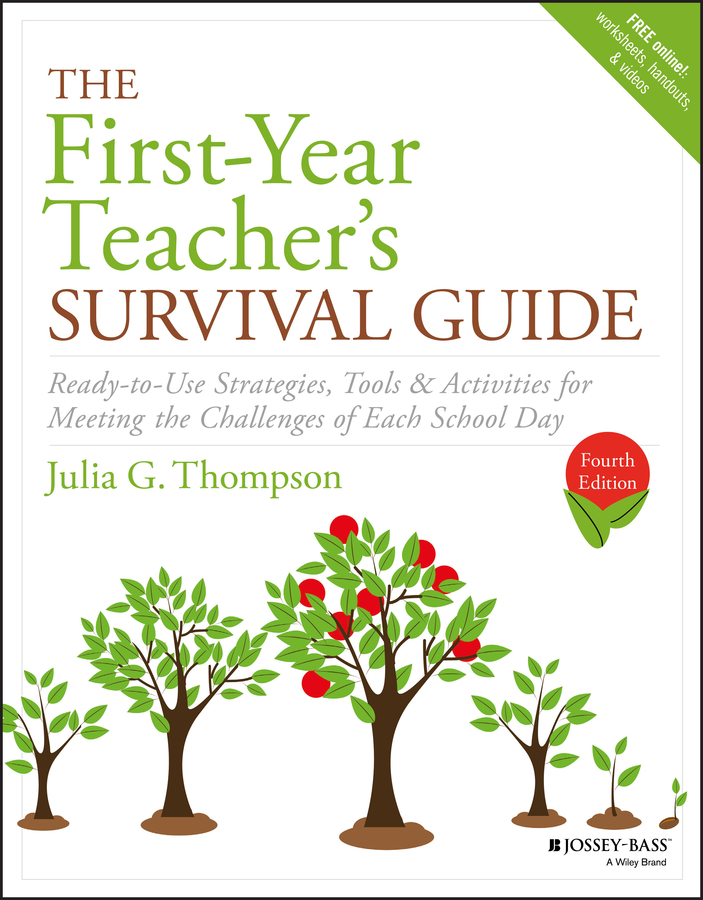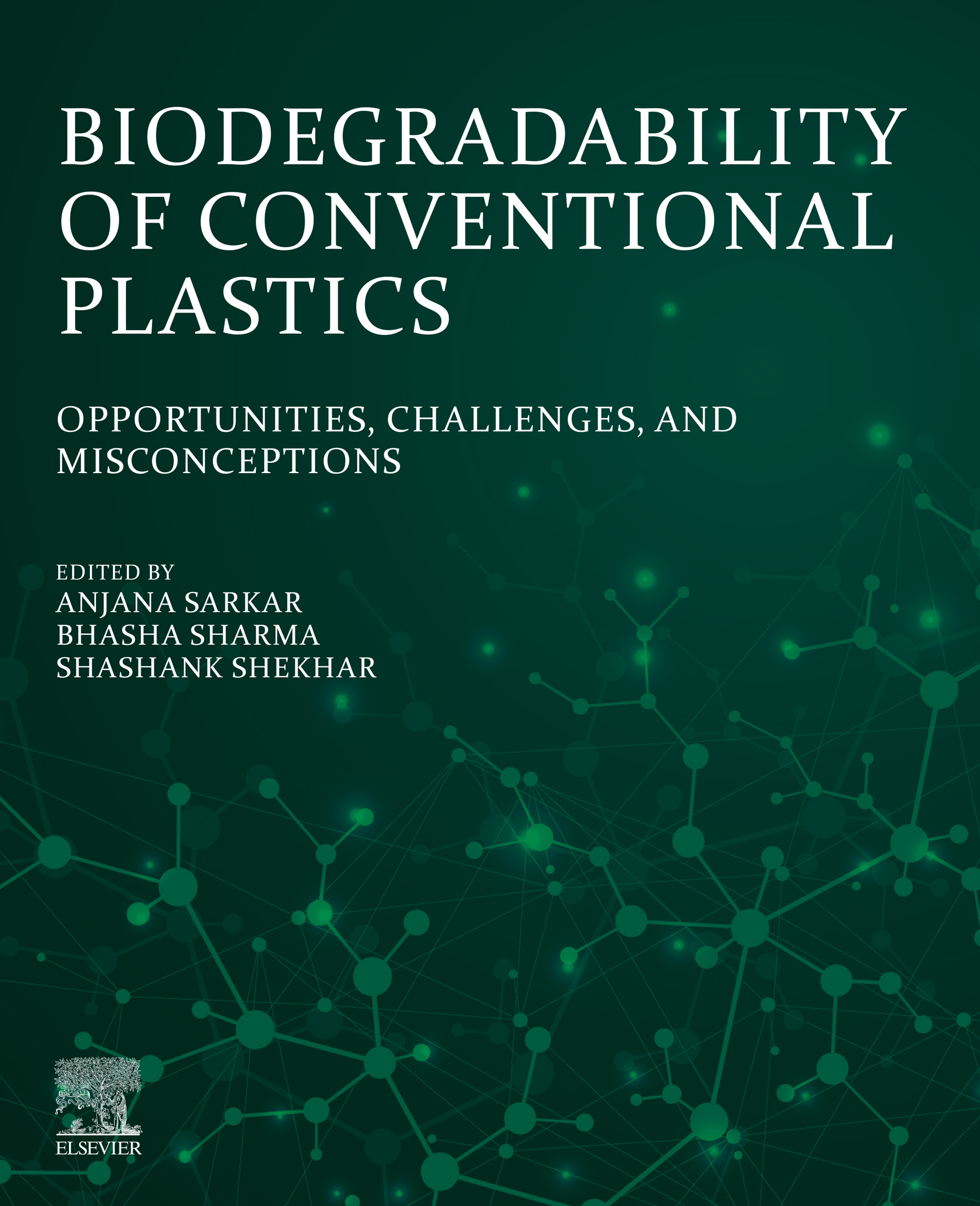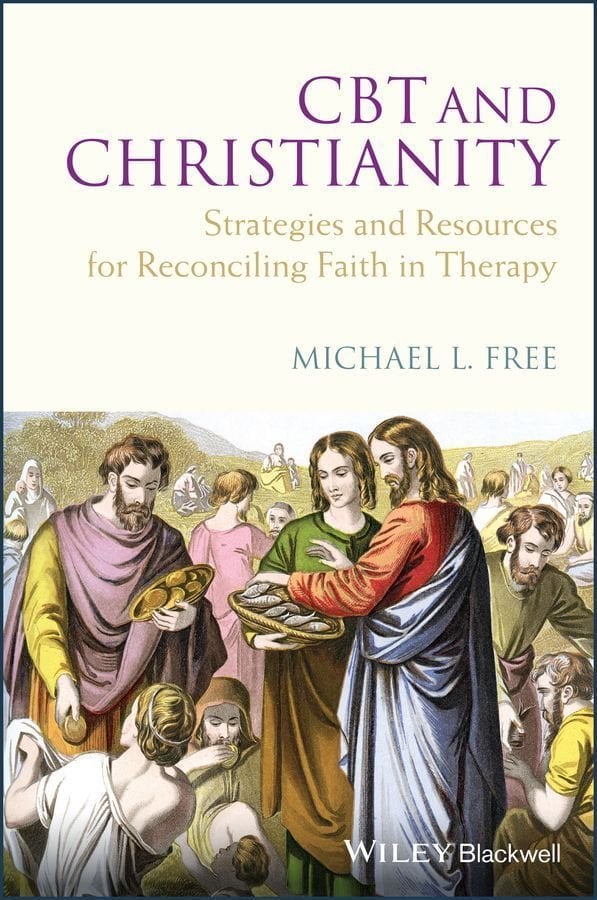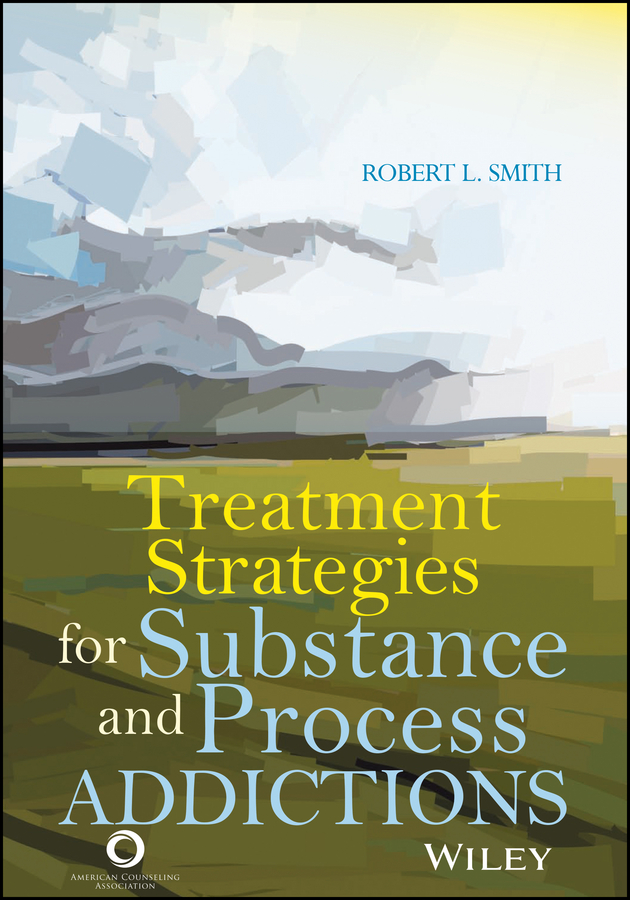Parental investment is the amount of energy, resources and information parents give to an offspring at a cost to them. In pastoral societies parenting strategies mark the border between fitness-maximising and wealth-accumulation. This study investigates parental strategies in two nomadic herding societies with different ecology and marriage markets, the Juhaina Arabs and Dazagada of Bahr el Gazal of West Chad. This study is based on interviews and anthropometric data I collected between Jan 2003 and Apr 2004. In herding economies, marriage markets involve the payment of a bridewealth by the groom’s parents to the bride’s family. I argue that Arab and Dazagada parents’ strategies can be explained by their marriage dynamics and social bonding. Parents in both societies do not bias the allocation of resources among young children, but do so later in their lives, through marriage gifts and inheritance. Also, I argue that the social currency attached to female fertility in Arab society is anticipating the age at first birth. Finally, whilst the number of living offspring for women seems to be limited by biological mechanisms, rich men seem to accumulate wealth for lineage perpetuation.
